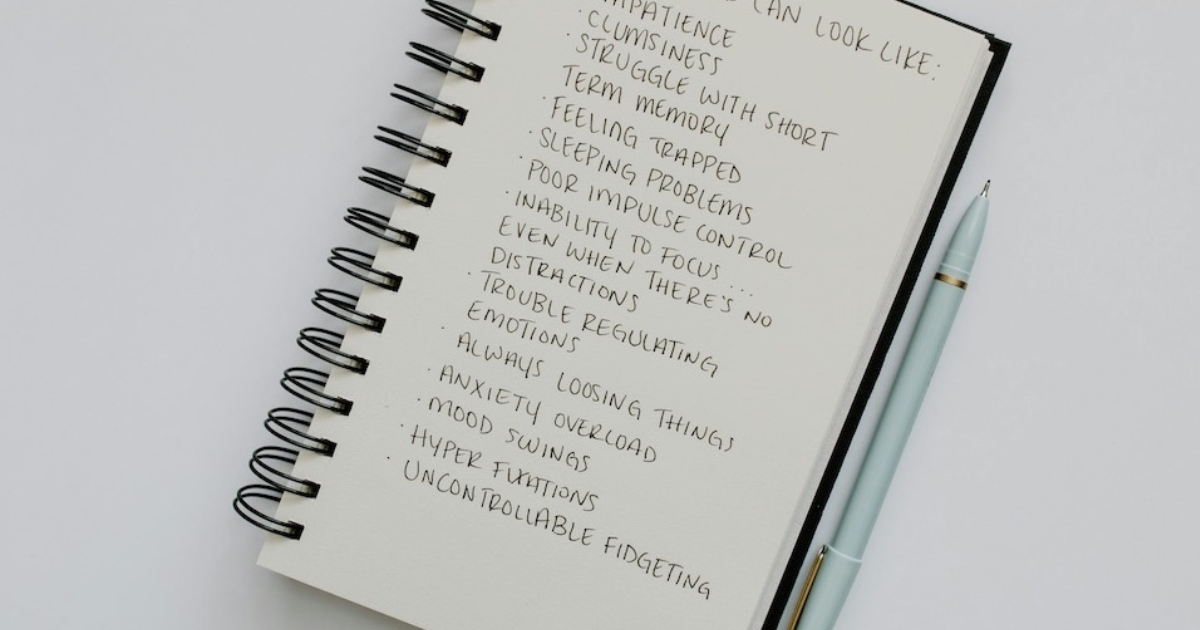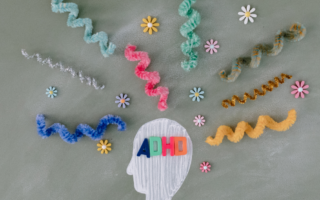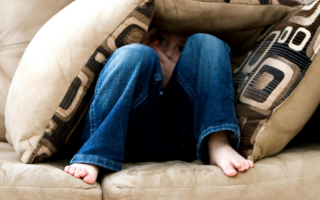Today, we’re discussing a topic that many parents wonder about: the signs of ADHD in children. Although these are not all the signs and I am not a medical doctor, these are definitely signs I noticed in my own kids prompting me to look for help.
Five Common Signs Of ADHD
Recognizing these signs early can help you get the support and resources your children need to thrive.
1. Difficulty Staying Focused
One of the hallmark signs of ADHD is trouble maintaining attention. If your child frequently gets distracted, has difficulty following through on tasks, or seems to daydream during important activities, it might be more than just typical childhood inattentiveness.
Examples to Look For:
- Struggling to complete homework or chores.
- Frequently losing things needed for tasks and activities.
- Difficulty listening when spoken to directly.
2. Excessive Energy and Hyperactivity
Children with ADHD often have boundless energy. While many kids are naturally active, those with ADHD may exhibit hyperactive behaviors that are more intense and constant than their peers.
Examples to Look For:
- Constantly fidgeting or squirming.
- Running or climbing in situations where it’s inappropriate.
- Trouble playing or engaging in activities quietly.
3. Impulsive Behavior
Impulsivity is another key sign of ADHD. Children with ADHD may act without thinking, which can lead to disruptive behaviors and difficulties in social settings.
Examples to Look For:
- Interrupting conversations or games.
- Having difficulty waiting their turn.
- Blurting out answers before questions have been completed.
4. Challenges with Organization and Time Management
Many children with ADHD struggle with organizing tasks and managing their time. This can affect their performance in school and at home.
Examples to Look For:
- Frequently failing to meet deadlines for school assignments.
- Difficulty organizing tasks and activities.
- Trouble managing daily routines and schedules.
5. Emotional Outbursts and Mood Swings
Children with ADHD may experience intense emotions and have difficulty regulating them. This can lead to frequent mood swings and emotional outbursts.
Examples to Look For:
- Overreacting to minor frustrations.
- Difficulty calming down after being upset.
- Rapid shifts from happiness to sadness or anger.
What to Do If You Notice These Signs
If you recognize several of these signs in your child, it might be time to consult with a healthcare professional. A proper evaluation by a pediatrician, psychologist, or psychiatrist can help determine if your child has ADHD and what steps you can take next.
Supporting Your Child
If your child is diagnosed with ADHD, remember that you are not alone. There are many resources and strategies available to help manage ADHD symptoms and support your child’s development. Creating a structured environment, using positive reinforcement, and working closely with your child’s teachers and healthcare providers can make a significant difference.
You’re Not Alone
Parenting a child with ADHD comes with its own set of challenges and joys. At Moms’ ADHD Guide, we’re here to support you every step of the way. Head over to our resources page where I have gathered a few links around the web that have helped me along the way.









